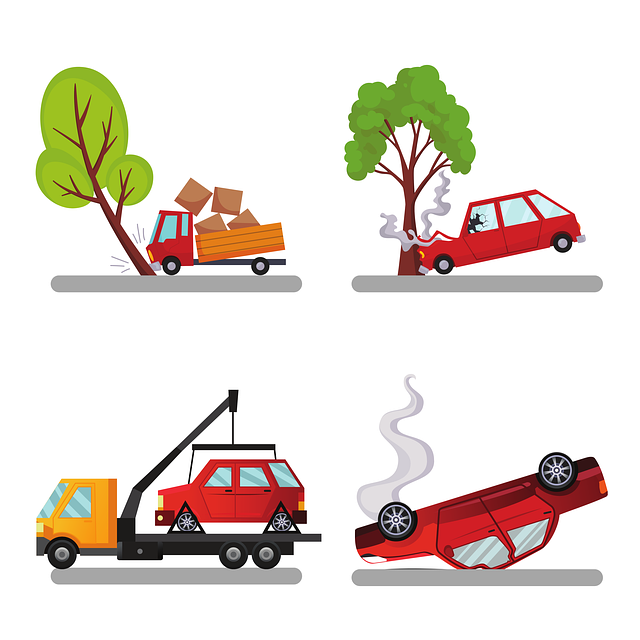Injury arbitration offers a swift, cost-efficient alternative to litigation for personal injury cases, with neutral third-party arbitrators making binding decisions in a less formal atmosphere. Ideal for complex cases like medical malpractice, it provides confidentiality and tailored rules but may limit discovery. While aiming for speed and affordability, costs can be high, and enforcement may vary. Navigating the process requires mutual agreement, legal assistance for document preparation and argument formulation, and presentation to an arbitrator with binding decisions enforceable in court if needed.
What Injury Victims Should Know About Arbitration
Injury arbitration is an alternative dispute resolution process that can offer a faster, more private path for victims seeking compensation. This article guides you through the intricacies of injury arbitration, starting with its fundamental concepts. We explore the advantages and disadvantages, providing insights into how it differs from traditional litigation. Additionally, we’ll navigate the steps involved in the arbitration process, empowering victims to make informed decisions about their legal rights and options following an injury.
- Understanding Injury Arbitration Basics
- Advantages and Disadvantages of Arbitration
- Navigating Injury Arbitration Process
Understanding Injury Arbitration Basics

Injury arbitration is an alternative dispute resolution process that offers a quicker and often more cost-effective path for injury victims to seek justice compared to traditional litigation. It involves a neutral third party, known as an arbitrator, who reviews the evidence and makes a binding decision to resolve the case. Unlike court proceedings, arbitration is typically less formal, allowing for faster resolutions. This method is particularly attractive for those dealing with complex personal injury cases or medical malpractice, where navigating a crowded courtroom can be daunting.
Arbitration provides a more streamlined approach to pursuing injury compensation, especially in situations involving wrongful death claims. It can also be advantageous in business litigation scenarios, offering a confidential forum to resolve disputes without the public nature of court trials. While the decision is still legally binding, arbitration may appeal to individuals who prefer a simpler and quicker route to resolving their injuries and associated financial burdens.
Advantages and Disadvantages of Arbitration

Arbitration presents a unique set of advantages for injury victims. One of its key benefits is speed; it offers a quicker resolution compared to traditional litigation, which can significantly reduce the time and financial burden on victims. This process also maintains confidentiality, providing a private forum for discussing sensitive details of the case. Arbitration panels are typically composed of neutral third parties, ensuring an impartial decision-making process. Moreover, arbitration rules can be tailored to the specific needs of the case, offering more flexibility than court proceedings.
However, there are potential drawbacks to consider. Unlike courts, arbitration does not have the same level of discovery and evidence presentation rules, which might limit victims’ ability to fully uncover and present all relevant facts, especially in complex cases like caregiver abuse or nursing home neglect. Additionally, while arbitration aims to provide a faster and more affordable alternative, the costs can still be high, particularly if legal representation is required. Breach of contract disputes may not fare as well in arbitration due to the flexible nature of rules, which could potentially disadvantage victims seeking to enforce legal agreements.
Navigating Injury Arbitration Process

Navigating the injury arbitration process can seem daunting, especially for those who have never been involved in such a proceeding. It’s important to understand that arbitration is an alternative dispute resolution method, often preferred in personal injury cases as it offers a faster and potentially less expensive route than traditional litigation. The process typically begins when both parties agree to arbitrate, either through a provision in a contract or by mutual consent.
An experienced car accident lawyer can guide injured parties through the early stages, ensuring all necessary documents are filed accurately and within deadlines. In product liability cases or contract disputes, this might involve gathering evidence, interviewing witnesses, and preparing detailed arguments. Throughout arbitration, both sides present their cases to an arbitrator—a neutral third party who makes a binding decision. This decision can be enforced in court if either party fails to comply, ensuring a level of finality not always present in other dispute resolution methods.
Injury arbitration offers a faster, more cost-effective alternative to traditional litigation for victims seeking justice. By understanding the process, advantages, and potential drawbacks, individuals can make informed decisions about their legal path. While arbitration provides a streamlined approach, it’s crucial to be aware of the potential disadvantages, ensuring an outcome that best serves the victim’s needs. Navigating this process requires careful consideration and, in some cases, professional guidance to protect one’s rights during injury arbitration.






